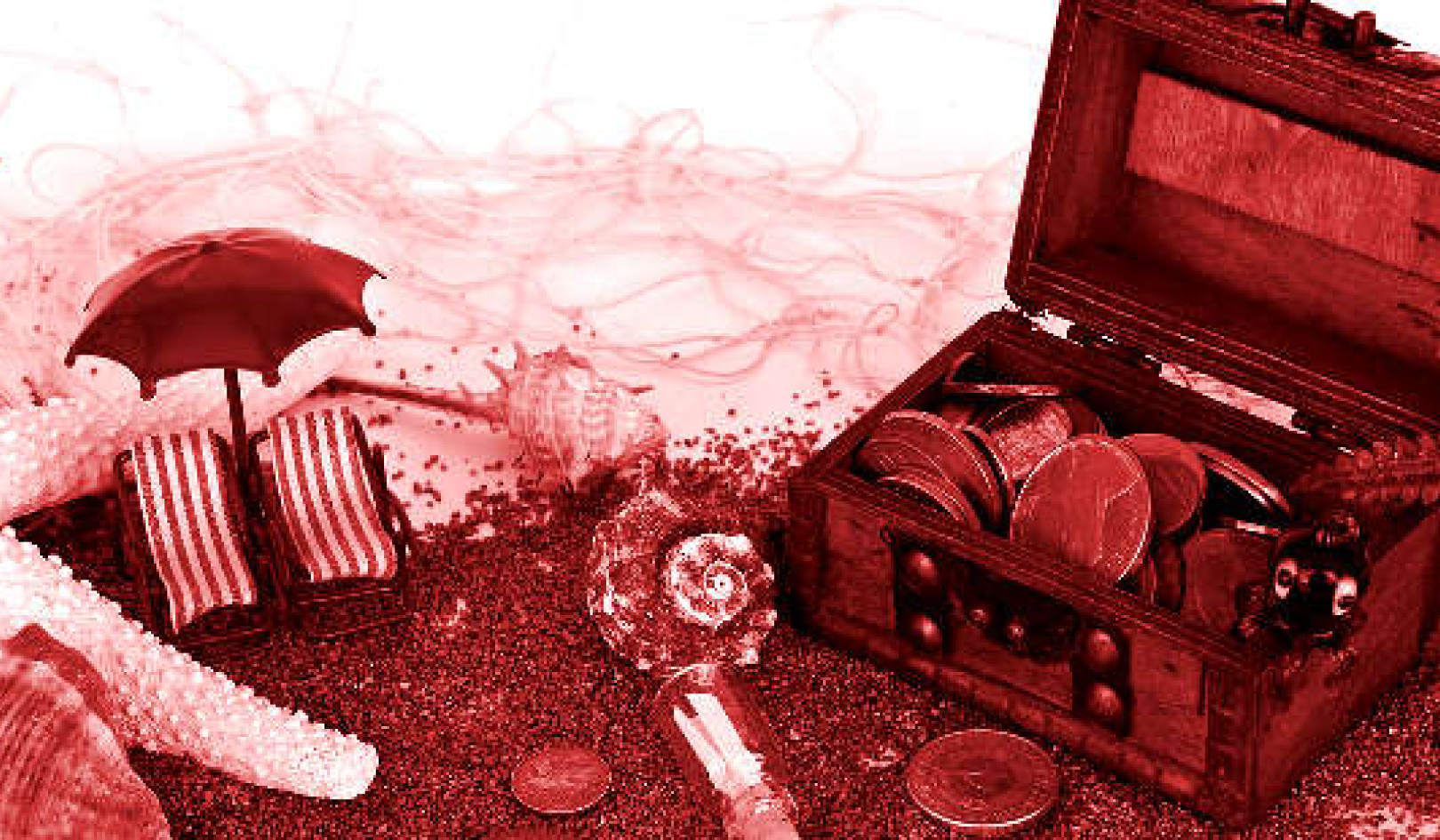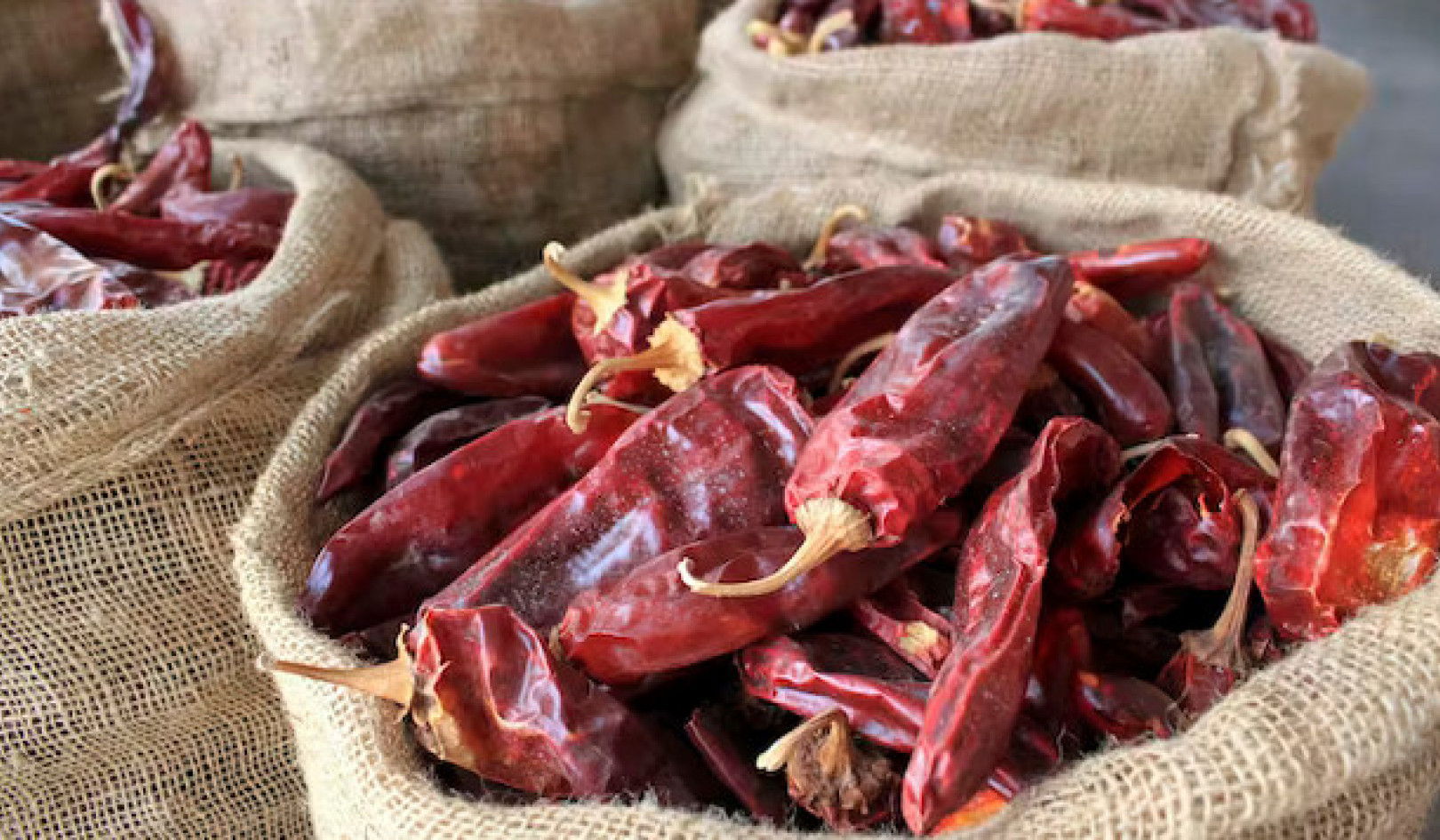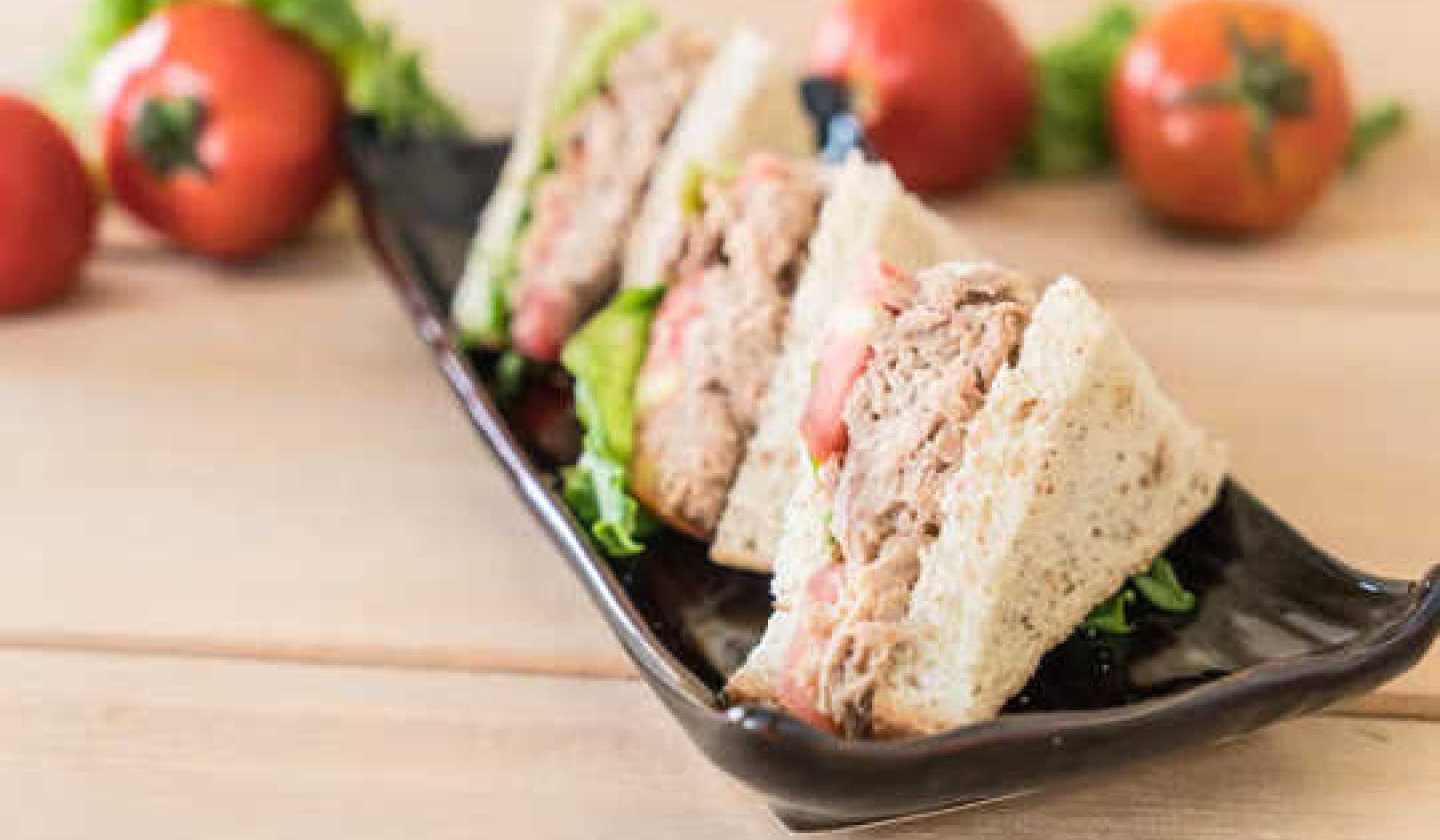
Some people may feel more anxious than others. HBRH/ Shutterstock
The morning after a night of drinking is never fun if you’ve got a hangover. For most people, hangovers involve a headache, fatigue, thirst or nausea. But some people also report experiencing what many have dubbed “hangxiety” – feelings of anxiety during a hangover. By some estimates, anxiety during a hangover affects around 12% of people, and can vary in severity depending on the person.
As the body recovers from a night of drinking, a hangover creates a state of physiological stress. Generally speaking, physiological stress happens when the body is under pressure – such as from an illness or injury. A hangover kind of works the same way. Not only does it cause changes to our immune system, it also increases cortisol levels (often called the “stress hormone”), blood pressure and heart rate – changes which also happen with anxiety.
The brain also experiences changes. Research shows that brain activity involving dopamine (a type of neurotransmitter) is lower during a hangover. This is important, as dopamine plays an important role in regulating anxiety. The heightened stress during a hangover can also make it difficult for someone to cope with any additional stress that may happen throughout the period.
Interestingly, stress and sleep deprivation in combination (reflecting aspects of a hangover), can lead to declines in both mood and cognitive function (including attention and memory). Fatigue, stress and dealing with other unpleasant hangover symptoms can also make it difficult to manage daily tasks. For example, someone with a hangover may be too preoccupied with nursing their feelings of nausea, headache or fatigue to be able to effectively deal with anxious thoughts.
Our own research has shown that people experience a negative shift in their emotions during a hangover. Many also reported feeling like they had more trouble regulating their emotions compared to when they aren’t hungover. In other words, people feel bad during a hangover and find it difficult to pick themselves back up.
But when we asked participants to actually regulate their emotions in a computer task, they were able to regulate them to the same extent as they could when they aren’t hungover – but with increased effort. We did this by showing participants pictures that evoked various emotions (including positive or negative emotions) but asked them to experience their emotions without expressing them outwardly. Having greater difficulty regulating emotions during a hangover might also explain why some people experience anxiety.
In another study, our team looked at how hangovers influence executive functions (mental skills which are important for many aspects of our daily life, including working memory, flexible thinking and self control). Participants were given a series of tasks that tested these mental skills, such as remembering a series of letter and recalling it when prompted.
We found that people who were hungover had worse performance in key aspects of executive functions. Executive functions help people cope with anxiety and inhibit anxious thoughts. If these mental skills are poorer during a hangover, it may help explain why some people struggle with anxiety.
Feeling anxious?
But why do some people experience hangxiety, while others don’t?
Pain is part of almost every hangover – whether its a headache or muscle aches. But research shows that people who “catastrophise” pain (a tendency to exaggerate pain or expect the worst) are more likely to experience anxiety. Research also shows that this group are more likely to experience severe hangovers. This might explain why some people experience anxiety, while others don’t.
People who are likely to experience anxiety in general may also be particularly susceptible to hangxiety. Negative life events, depression or anger while drinking, guilt from drinking and even certain personality traits (such as neuroticism) are all also linked to mood changes during a hangover. Hangxiety has even been reported to be higher in people who say they’re very shy and may be linked to symptoms of alcohol use disorder.
Combined, these factors highlight why hangxiety can affect people differently, and why it’s a part of hangovers worth taking seriously. Mood changes during a hangover are not just unpleasant, but may even be linked to problematic drinking, increased conflict with others and reduced productivity at work.
If you’re someone who experiences hangxiety, the same techniques that help with anxiety will also be useful. This might include meditation, practising mindfulness and general self care. Planning ahead of your night out to make sure you have the following day free to recover and avoid other stressors (such as work or family problems) may also help deal with the additional psychological stress. For some, a hangover can even be used as a bonding exercise where people can discuss their previous night of drinking with friends and even cope with feelings of anxiety together.
Of course, the best way to avoid experiencing hangxiety is to avoid drinking altogether – or at least drinking in moderation.![]()
About The Author
Craig Gunn, Lecturer in Psychological Science, University of Bristol
This article is republished from The Conversation under a Creative Commons license. Read the original article.

Books Improving Attitude and Behavior from Amazon's Best Sellers list
"Atomic Habits: An Easy & Proven Way to Build Good Habits & Break Bad Ones"
by James Clear
In this book, James Clear presents a comprehensive guide to building good habits and breaking bad ones. The book includes practical advice and strategies for creating lasting behavior change, based on the latest research in psychology and neuroscience.
Click for more info or to order
"Unf*ck Your Brain: Using Science to Get Over Anxiety, Depression, Anger, Freak-Outs, and Triggers"
by Faith G. Harper, PhD, LPC-S, ACS, ACN
In this book, Dr. Faith Harper offers a guide to understanding and managing common emotional and behavioral issues, including anxiety, depression, and anger. The book includes information on the science behind these issues, as well as practical advice and exercises for coping and healing.
Click for more info or to order
"The Power of Habit: Why We Do What We Do in Life and Business"
by Charles Duhigg
In this book, Charles Duhigg explores the science of habit formation and how habits impact our lives, both personally and professionally. The book includes stories of individuals and organizations who have successfully changed their habits, as well as practical advice for creating lasting behavior change.
Click for more info or to order
"Tiny Habits: The Small Changes That Change Everything"
by BJ Fogg
In this book, BJ Fogg presents a guide to creating lasting behavior change through small, incremental habits. The book includes practical advice and strategies for identifying and implementing tiny habits that can lead to big changes over time.
Click for more info or to order
"The 5 AM Club: Own Your Morning, Elevate Your Life"
by Robin Sharma
In this book, Robin Sharma presents a guide to maximizing your productivity and potential by starting your day early. The book includes practical advice and strategies for creating a morning routine that supports your goals and values, as well as inspiring stories of individuals who have transformed their lives through early rising.
























